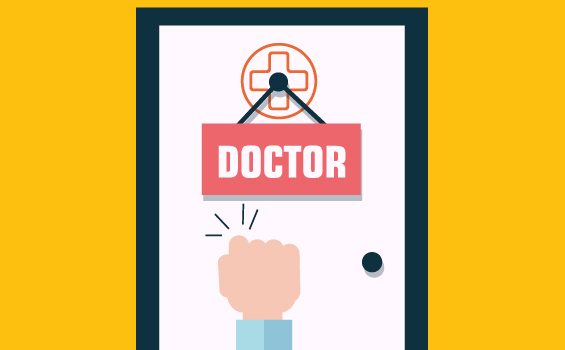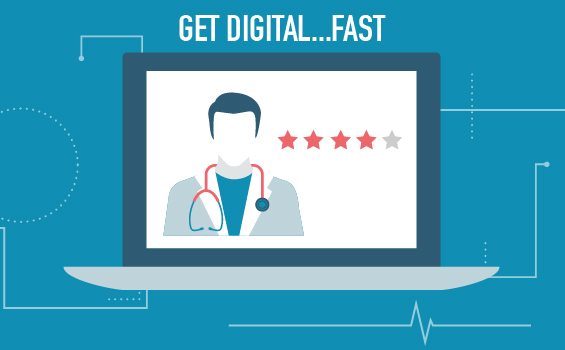There are few topics in the world of healthcare more contentious (and complex) than Healthcare Consolidation. From the early 1990’s, consolidation of healthcare services (whether through grouping of individual providers or system acquisition) has increased rapidly at an exponential rate. There are a litany of factors resulting in mass consolidation of the US healthcare market: efficiencies of scale, mitigation of risk, greater negotiating power with payers, policy changes (i.e. the Affordable Care Act & Meaningful Use fulfillment), etc. However, the fact remains that regardless of the change agent, healthcare consolidation has shifted the business model and placed a heavier emphasis on value-based performance across the continuum of care.
Why does this matter for the Healthcare Marketer?
Myopic healthcare marketers may think this doesn’t have a significant impact on their modus operandi, but that would be false. As the business has shifted, the marketing needs have also changed accordingly. Healthcare marketers that haven’t considered healthcare consolidation as a forcing function of change in their marketing efforts are getting left behind. Here’s why:
Patient Choice and Undifferentiated Product Offerings


Healthcare consolidation has contributed to the empowerment of the patient as both the consumer and advocate. What was once a collection of disparate clinical processes during treatment, is now a continuous provision of care under the guise of a single entity. From the onset of illness to the completion of care, patients are far more cognizant of the entire journey they will have throughout their treatment. As a result, patients are less reliant on clinical referrals for care, they are often presented with multiple comprehensive treatment ‘packages’ to consider and they are more likely to evangelize their experiences because they have a single entity to credit (or fault). Likewise, consolidation has contributed to market standardization in an effort to cut costs and improve outcomes—which is great—however, this has also resulted in dwindling differentiation amongst competing entities. For the marketer, the shift from a fee-for-service model to value-based performance means that any point of positive differentiation must be capitalized. The empowerment of the patient as both consumer and advocate aligns to the buying behavior more typical with B2C marketing models. As such, healthcare marketers must think more like their Retail and CPG counterparts to develop effective strategies and marketing campaigns.
Because healthcare marketers must shift towards consumer-centric marketing, they also must acknowledge and respond to the digital mandates of modern consumerism, namely…
The Rise of Consumer Engagement & Group Thinking



Regardless of the vertical, few trends have shifted the avenues in which brands communicate with their customers more than social media. Specifically, the expectation for rapid-fire consumer engagement across the landscape of social platforms and the resulting necessity for ongoing strategic management within those platforms–often on an hourly cadence. In today’s consumer-driven landscape, if a potential customer wants to try a new restaurant they will most likely begin by perusing social media and review platforms. For example, they might review user-generated photography of menu items on Instagram, read recent dialogues with customers on Facebook and closely consider the reviews from patrons on Yelp. This all stems from a paramount truth in consumer behavior: they do not inherently trust content produced by the brand they are evaluating. In fact, 92% of consumers habitually consider online reviews during their decision-making process.1 Consumers trust public opinion on social media and review platforms over any content from the brand itself.
Healthcare is not immune to this trend, consumers making a decision on healthcare offerings will expect the organization’s digital presence and reputation to aid them in the decision-making process. To this end, healthcare marketers must have a robust plan in place to develop, curate and manage the digital reputation for their organization. For larger healthcare systems, this plan must extend all the way to the provider/clinician level –a colossal undertaking to the uninitiated. There is no getting around it, the overall reputation of healthcare organizations will increasingly be molded primarily through the consumer’s perception of their digital presence and their daily engagement with patients.
For Healthcare Marketers grappling with the rapidly evolving landscape associated with consolidation, here are some ways to amp up your game in 2017:



1. Find Your Magic: How are you truly different? What is unique about the patient journey at your organization and how can you leverage that in marketing efforts?



2. Get Digital… Fast: What is the current state of your digital assets on social media (Facebook, Twitter, etc.)? Have you audited your digital presence on review platforms (Yelp, Healthgrades, Zocdoc, Ratemds, etc.)? Do you have a comprehensive strategic plan in place to address both positive and negative reviews appropriately?



3. Be Trendy… Or Die Trying: Are you fully aware of creative trends in consumer engagement marketing? What disruptive tactics are being used effectively in other industries and how can you apply them to the marketing efforts at your healthcare organization?
Interested in what you’re reading and want to learn more? We’ve got experience in healthcare marketing.
1https://www.brightlocal.com/learn/local-consumer-review-survey/






